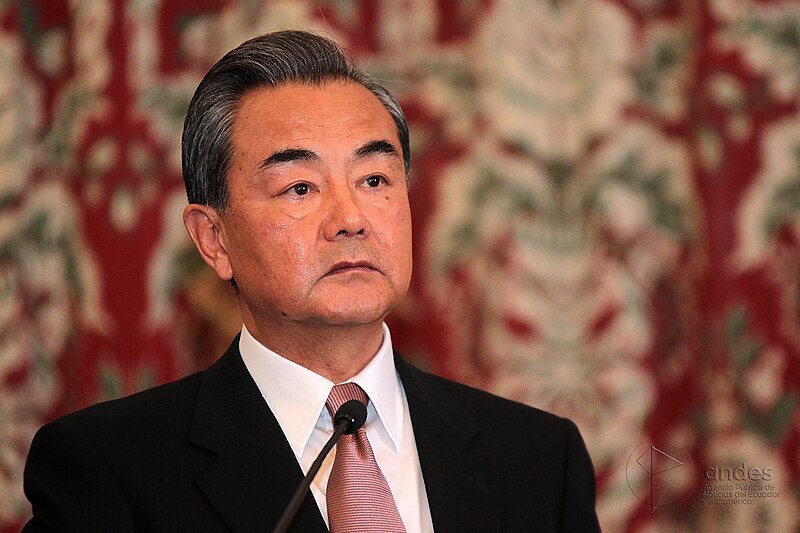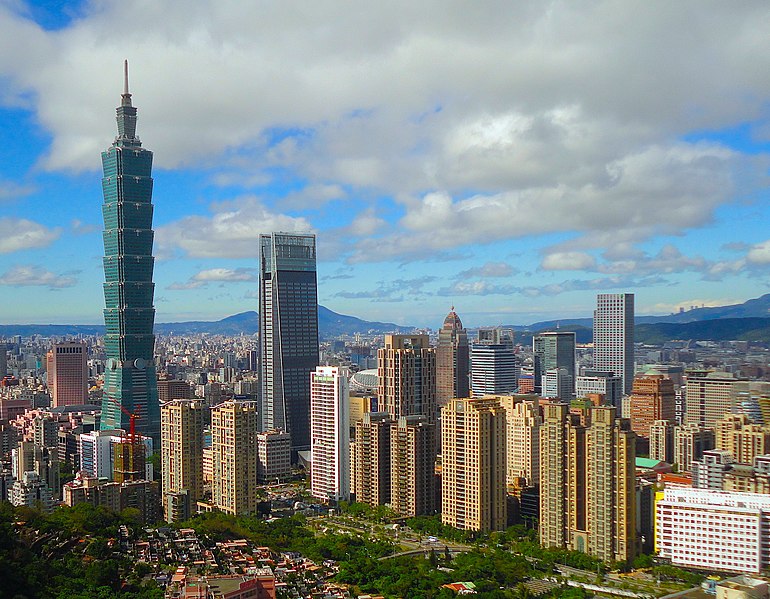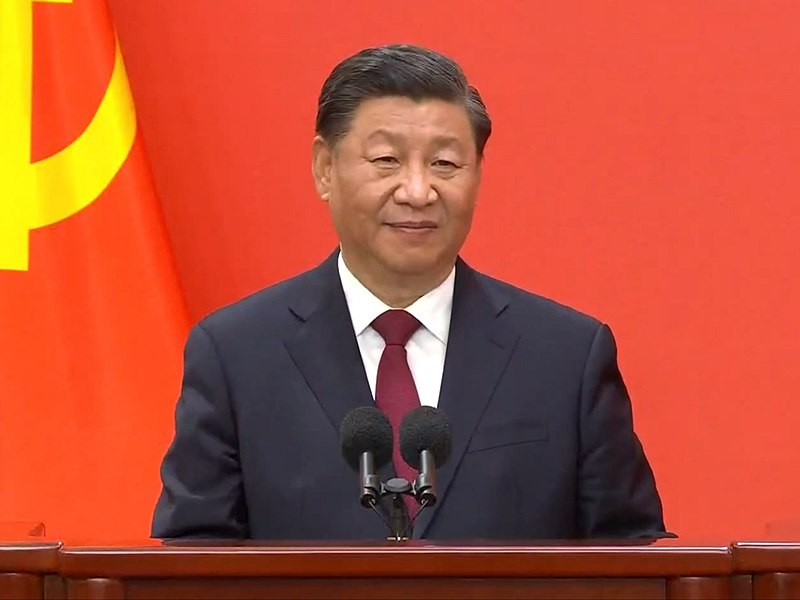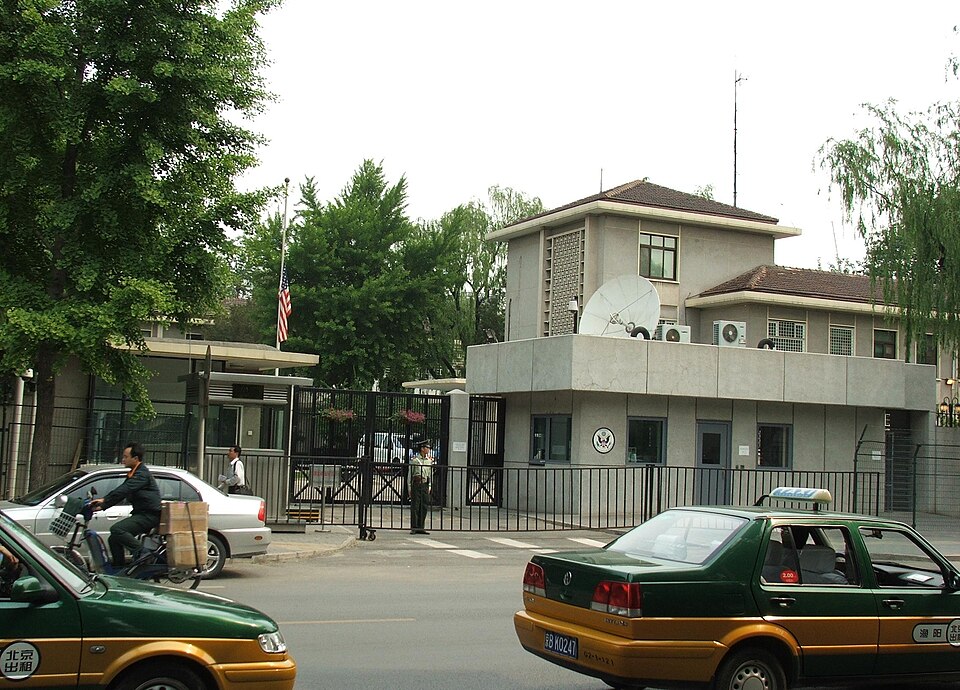
The increasingly challenging environment for Chinese tech companies operating in the United States has prompted ambitious entrepreneurs to explore options for
expansion and even seek permanent residency or citizenship abroad. The intensifying trade tensions between the US and China, coupled with the imposition of sanctions on Chinese firms like Huawei, have prompted some entrepreneurs to establish headquarters overseas, aiming to minimize scrutiny from US authorities.
However, mainland Chinese tech business owners now feel the need to take further steps to navigate the restrictions and biases imposed on Chinese companies in the United States. They are looking to gain permanent residency or citizenship abroad to bypass these obstacles and ensure the uninterrupted growth of their businesses.
One such entrepreneur, based in Shenzhen and opting to remain anonymous due to concerns about reprisals in China, expressed disappointment with the US-China trade disputes and the increasing limitations imposed on Chinese companies. He highlighted the unfairness of facing these challenges while competitors from other countries encounter fewer hurdles when expanding into the United States. To overcome these obstacles, he is seeking permanent residency in another Asian country.
Reuters interviewed seven tech entrepreneurs from mainland China, most of whom have received education overseas and aspire to expand their businesses in the United States. All seven entrepreneurs are currently exploring options for gaining permanent residency or citizenship in various countries, including Hong Kong, Canada, Japan, the United States, and Singapore. They expressed concerns about potential repercussions within China and requested anonymity for themselves and their businesses.
The geopolitical tensions between the US and China, which have persisted under both the Trump and Biden administrations, have created an increasingly inhospitable environment for mainland Chinese companies seeking to operate or secure funding in the United States. The perception that all Chinese companies are closely intertwined with and directed by the Chinese government has influenced the political narrative in Washington and many state capitals. This misconception has further strained the relationship between Chinese businesses and US authorities, according to James McGregor, chairman for Greater China at US communications consultancy APCO Worldwide.
While expanding into the United States has become more challenging, it remains a coveted goal for these entrepreneurs. They view focusing solely on the domestic market in China as unappealing, despite its size. A regulatory crackdown on China's technology sector and the government's handling of the COVID-19 pandemic have contributed to their disillusionment with the business environment under President Xi Jinping. Many entrepreneurs believe that relocating their businesses abroad would benefit their employees and shareholders, given the prevailing distrust between Washington and Beijing.
The trend of offshore relocation and "de-Chinafication" among companies has gained momentum. Some companies have de-emphasized their Chinese identity and established offshore holding companies to navigate the changing dynamics. Online fast-fashion retailer Shein, for example, has made a Singapore firm its de facto holding company, while e-commerce firm PDD Holdings moved its headquarters from Shanghai to Dublin.
Shenzhen-based Chris Pereira, who runs the business consulting firm North American Ecosystem Institute, has witnessed this trend firsthand, with his firm receiving approximately 100 inquiries this year from mainland Chinese companies seeking guidance on expanding overseas. Pereira advises companies on effective localization strategies, encouraging them to become part of the local community rather than simply masking their Chinese identity.
Despite expressions of support for private business owners from the Chinese government, these entrepreneurs remain skeptical and concerned about the erosion of civic freedoms. Pursuing ambitious ventures in China often involves establishing ties with the Chinese Communist Party, a step that many of them are hesitant to take. Some entrepreneurs have even opted to shut down their businesses due to frequent and intrusive government censorship requests.
While the challenges persist, entrepreneurs like Tommy, who have already moved abroad, continue to pursue their aspirations of establishing new startups and eventually relocating to the United States. Despite facing extensive questioning from US customs officials about his US bank account during a recent business trip, Tommy remains undeterred. The desire to escape censorship and maintain a business environment conducive to growth propels these entrepreneurs to seek opportunities beyond China's borders.
The US Customs and Border Protection agency and China's State Council of Information Office (SCIO) did not respond to requests for comment on these issues. The Chinese foreign ministry stated that politicizing technology and hindering regular technology and trade cooperation hampers global technological advancement and economic growth, benefitting neither side. The US Commerce Department did not provide any comments regarding attitudes towards Chinese companies within the United States. Photo by Matti Blume, Wikimedia commons.


























